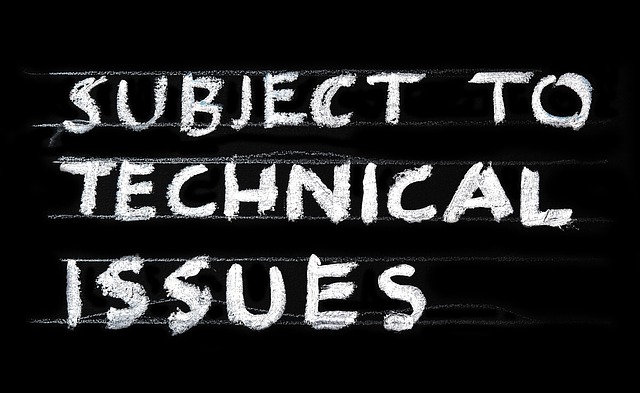The ongoing debate surrounding climate change elicits a spectrum of emotions, opinions, and, inevitably, a fair bit of skepticism. This skepticism, especially in the realm of environmental discussions, often stems from a mix of uncertainty, distrust in scientific authority, and political bias. While many people firmly believe that climate change is a critical issue that needs immediate action, others question the validity of these claims, leading to a profound discourse on the matter.
Skepticism about climate change can arise from various sources. For some, this is due to the overwhelming amount of information available. In an era where misinformation can spread rapidly, discerning credible data from sensationalist claims can be a daunting task. Environmental findings can often clash with daily experiences — from changes in weather patterns to personal beliefs instilled from childhood. When individuals witness the weather behaving in traditionally expected patterns, doubt can creep in, leading to challenging conversations surrounding climate science.
Moreover, political ideologies can deeply influence one’s stance on climate change. In many regions, aligning with or against the concept of anthropogenic climate change has become synonymous with political loyalty. Individuals may adopt skepticism not because of a lack of understanding but due to a desire to align with their community’s prevailing sentiments. This phenomenon can make it particularly difficult to foster genuine dialogue. Conversations about climate change can quickly spiral into divisive arguments, leaving little room for nuanced opinions and healthy skepticism that can lead to productive discussions.
In the midst of this debate, it’s essential to remember the fundamental importance of our environment. The planet we inhabit is changing, and while skepticism plays a role in questioning the narratives surrounding climate change, it is equally crucial to approach these discussions with open minds and an eagerness to understand the complexities involved. Engaging with differing viewpoints can often yield a deeper comprehension of both the science and the emotional weight that climate change carries for many people.
Ultimately, weaving through the threads of skepticism and conviction challenges us to confront not just the scientific aspects of climate change but also the societal and emotional dimensions. From grassroots organizations advocating for environmental protection to policymakers drafting legislation aimed at curbing emissions, the passion for a healthier planet drives many. Yet, in this passionate pursuit, recognizing the skeptical voices can lead to more robust solutions, fostering an environment where everyone feels heard and validated.
Environmental education can play a crucial role in bridging the gap between skeptics and supporters of climate action. Ensuring that everyone has access to accurate information and encouraging scientific literacy can help mitigate skepticism founded in misinformation. Education provides a platform for meaningful dialogue, allowing individuals to engage with evidence-based data and the dire implications for our planet’s future.
As we navigate this multifaceted discourse on climate change, it becomes clear that skepticism is not necessarily the enemy. Instead, it can be a catalyst for deeper inquiry and conversation. Encouraging a balanced dialogue about skepticism in the climate debate doesn’t just help us confront the differing perspectives; it also enables us to collectively seek solutions to one of the most significant challenges of our time.




